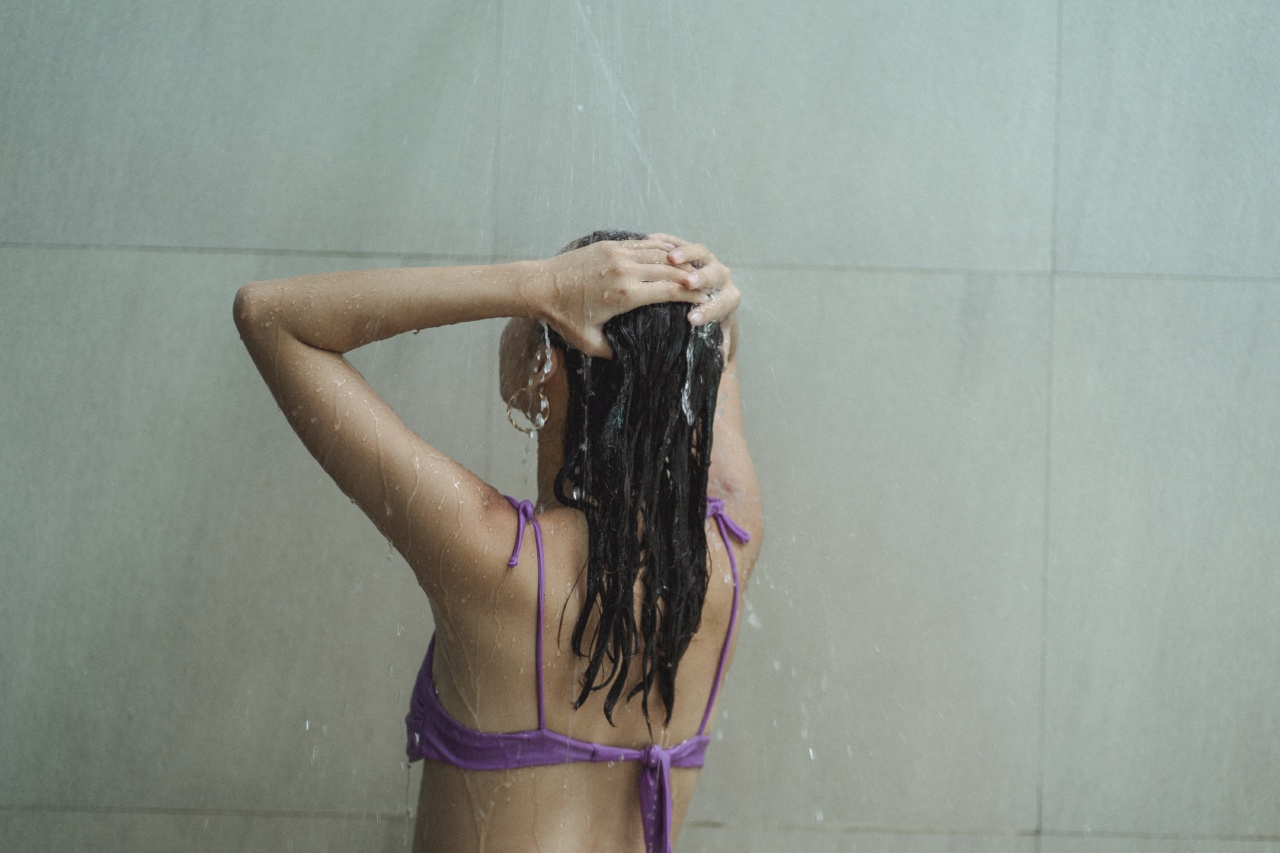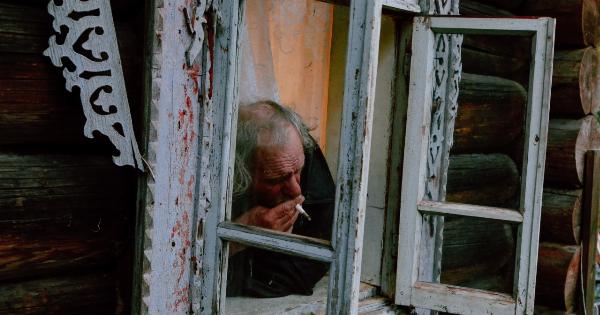It can be hard to keep our hair looking healthy and beautiful. One of the most crucial steps in a hair care routine is washing your hair. However, if you are not careful, the shower can turn out to be an enemy to your hair.
Sometimes, the simple things we do during our shower routine can lead to severe hair damage. The following are some of the hair ruining mistakes you make in the shower and how to avoid them:.
1. Washing Your Hair Every Day
Most people think that they need to shampoo their hair every day to keep it clean. However, this is not true. Shampooing your hair every day strips it of its natural oils, making it dull and dry.
Experts suggest that you should shampoo your hair no more than three times a week, depending on your hair type. If your hair is oily, you may need to wash it more frequently.
2. Using Hot Water
While washing your hair with hot water may feel great, it damages your hair by stripping it of its natural oils. Cold water, on the other hand, helps to seal the cuticle and lock in moisture, leaving your hair shiny and healthy.
You don’t have to use cold water to rinse your hair, but try to use lukewarm or cool water instead of hot water.
3. Using Expensive Shampoos and Conditioners
Many people think that expensive shampoos and conditioners are better for their hair than cheaper ones. However, this is not always the case. The most important thing to look for in a shampoo and conditioner is whether it suits your hair type.
Expensive doesn’t always mean better. Cheaper shampoos and conditioners may have the same ingredients as the expensive ones, and some may even work better for your hair.
4. Scrubbing Your Hair Too Hard
When washing your hair, be gentle. Scrubbing your hair too hard can cause breakage, which can lead to split ends and hair loss. Use your fingertips to massage your scalp gently and distribute the shampoo.
Don’t use your nails, and don’t rub your hair vigorously.
5. Not Rinsing Properly
One of the most common mistakes people make is not rinsing their hair thoroughly after shampooing. Shampoo residue can cause buildup, which can make your hair look dull and lifeless.
Make sure to rinse your hair thoroughly, and use your fingers to massage your scalp while rinsing to ensure that you remove all the shampoo.
6. Using Too Much Conditioner
Conditioner is essential to keep your hair moisturized and healthy. However, too much conditioner can weigh down your hair and make it look greasy. Use only a small amount of conditioner, and apply it only to the ends of your hair.
Avoid applying it to your scalp, as this can cause buildup and make your hair look oily.
7. Not Using Heat Protection
If you blow-dry or use other heating tools on your hair, you need to use heat protection. High heat can damage your hair by stripping it of its natural oils, making it dry and brittle.
Apply a heat protectant spray or serum before you use any heating tools on your hair. This will help to protect your hair from damage and keep it looking healthy.
8. Towel Drying Your Hair Too Roughly
After you wash your hair, you may be tempted to rub it vigorously with a towel to dry it quickly. However, this can cause breakage and damage your hair.
Instead, gently blot your hair with a towel to remove excess water, and let it air dry or use a blow dryer on a low heat setting.
9. Using a Brush or Comb on Wet Hair
Wet hair is more susceptible to breakage than dry hair. Comb or brush your hair gently when it is dry to avoid breakage, tangles, and split ends.
If you must comb or brush your hair when it is wet, use a wide-tooth comb or a brush specifically designed for wet hair. Always start at the end of your hair and work your way up to the roots.
10. Not Protecting Your Hair in The Shower
Washing your hair in the shower can be fun, but it can also lead to hair damage. The chlorine in tap water and the minerals in hard water can strip your hair of its natural oils.
Consider using a shower filter to remove these impurities and protect your hair from damage. You can also wear a shower cap to keep your hair dry and avoid the damaging effects of water.






























